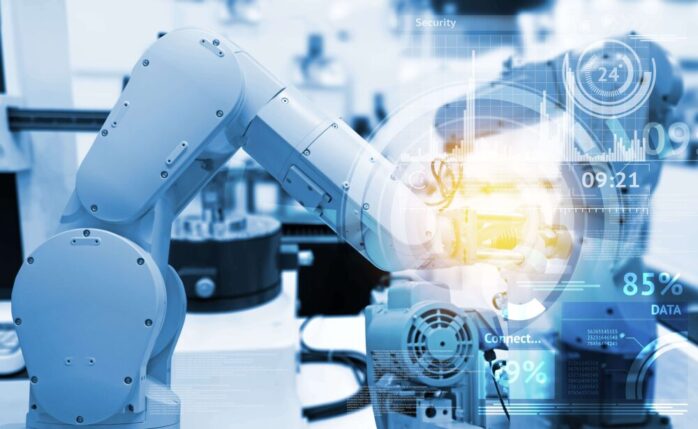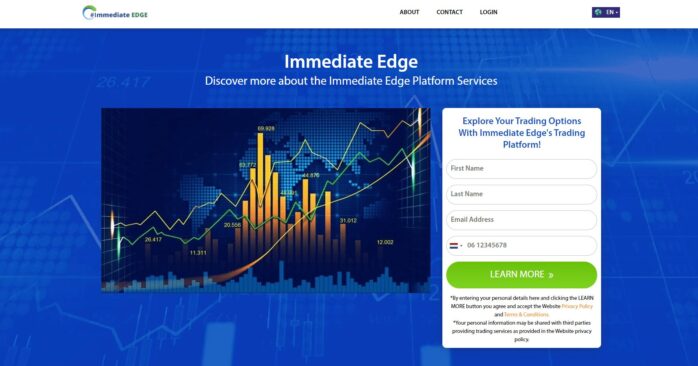
In the rapidly evolving realm of retail, technological advancements continue to reshape the industry’s landscape, epitomized by the emergence of a transformative wave known as Supplier 3.0. This paradigm shift, underpinned by cutting-edge automation and AI integration, is redefining the dynamics between retailers and suppliers. As consumer expectations evolve, suppliers are compelled to adapt, making AI-driven automation the linchpin of success in the contemporary retail ecosystem.
The retail sector, which was once familiar and predictable, has now transformed into a dynamic environment that is shaped by ever-changing consumer preferences. In today’s retail landscape, consumers demand personalized experiences, quicker delivery turnarounds, and an extensive array of products. Retailers, on the other hand, are under immense pressure to meet these evolving demands, and they are facing intense competition in the market.
As a result, they are placing unprecedented demands on their suppliers, who must work hard to keep up with the changing needs of retailers and consumers. The dynamic nature of the retail industry has made it clear that only those who can adapt to the changing landscape will be able to succeed in this competitive market.
Automation and AI’s Role in Supplier Evolution

Automation and AI integration stand at the forefront of the Supplier 3.0 revolution, leveraging technology and advanced software solutions to streamline operations and address the challenges posed by the dynamic retail landscape. This evolution is most palpable in the realm of order processing, where AI-driven systems execute tasks with remarkable precision and speed, enabling suppliers to meet the stringent delivery windows demanded by modern consumers.
Another pivotal area transformed by AI integration is deduction management. Real-time tracking of AR deductions ensures accurate insights, allowing suppliers to promptly address issues and recapture lost revenue. The benefits extend beyond mere efficiency gains; they foster stronger, more resilient partnerships between suppliers and retailers.
Advantages of AI Integration and Automation for Suppliers:
The adoption of advanced automation and AI integration delivers a myriad of advantages for suppliers, positioning them not just to survive but to thrive in the Supplier 3.0 era.
- Enhanced Accuracy Through AI: AI integration mitigates the risk of human error, ensuring flawless order processing and fulfillment. This not only boosts customer satisfaction but also safeguards against costly mistakes.
- AI-Driven Cost-Efficiency: Streamlining operations through AI-driven automation reduces reliance on manual labor, enabling suppliers to allocate resources more strategically and focus on value-driven tasks.
- Seamless Scalability with AI: AI integration empowers suppliers to scale operations effortlessly, handling increased order volumes and expanding product catalogs without a proportional rise in operational costs.
Introducing iNymbus: Deduction Management Software

Introducing iNymbus, the pinnacle of Deduction Management Software for Supplier 3.0. With unmatched precision, it eliminates errors in order processing, ensuring flawless fulfillment. Streamlining operations, optimizes cost-efficiency by reducing reliance on manual labor. Our software empowers scalability, effortlessly handling increased deduction volumes without rising costs. Real-time visibility and insights provide a strategic edge in the dynamic supplier landscape.
Navigating AI Integration and Automation Challenges

As businesses race towards digital transformation, the benefits of AI integration and automation are becoming increasingly apparent. However, suppliers must navigate certain challenges during implementation to maximize its advantages. Below are two key challenges that require careful consideration:
- Initial Investment in AI: Implementing AI integration and automation systems can entail a significant upfront investment. While the long-term benefits can be substantial, businesses must make a careful assessment of their needs and budget constraints to make prudent investment decisions. This involves evaluating the business process to identify opportunities where AI can provide the greatest ROI, as well as determining the financial resources required to implement the technology.
- Workforce Transition with AI: AI-driven automation inevitably reshapes job roles. As businesses adopt AI technologies, many job functions will become automated, and employees will need to learn new skills and take on new responsibilities. Therefore, suppliers must proactively manage workforce transitions by providing retraining and upskilling opportunities to ensure a smooth transition. This requires understanding how AI will impact the workforce and developing a comprehensive strategy for reskilling and upskilling employees to meet the demands of the new technological landscape.
Future Trends and Innovations in AI Integration

The integration of artificial intelligence (AI) in the retail supply chain is an ever-evolving journey that is constantly being shaped by emerging trends and technologies. In this Supplier 3.0 landscape, we are witnessing the fusion of advanced AI and machine learning (ML) into automation systems. This integration allows for enhanced demand prediction, optimization of pricing strategies, and provides valuable insights for continual improvements in supply chain logistics.
Moreover, the Internet of Things (IoT) is gaining prominence in supply chain integration. By providing real-time data on product conditions during transportation and storage, it ensures product quality and safety through AI-driven analysis. The combination of IoT and AI in supply chain integration is proving to be a game-changer, as it enables businesses to make data-driven decisions and optimize their operations for maximum efficiency and customer satisfaction. As we move forward, it will be interesting to see how these emerging trends and technologies continue to shape the retail supply chain landscape.
Conclusion
In today’s ever-changing retail landscape, suppliers are facing increasing pressure to keep up with the evolving demands of both retailers and consumers. To achieve success in this dynamic environment, embracing advanced automation and AI integration is no longer an option but an imperative. This is where Supplier 3.0 comes into play – a new era of supply chain management that leverages the power of AI to future-proof businesses and drive growth.
By embracing advanced automation and AI integration, suppliers can not only compete but thrive in the retail industry. AI serves as a cornerstone for meeting dynamic retailer demands, ensuring accurate and timely deliveries, and fostering robust, mutually beneficial partnerships. With Supplier 3.0, suppliers can stay ahead of the curve and meet the ever-changing needs of the industry.
So, if you’re a supplier looking to succeed in the retail industry, then it’s time to embrace the power of advanced automation and AI integration. Let Supplier 3.0 be your guide, and let AI-powered solutions propel your success in the retail supply chain.










